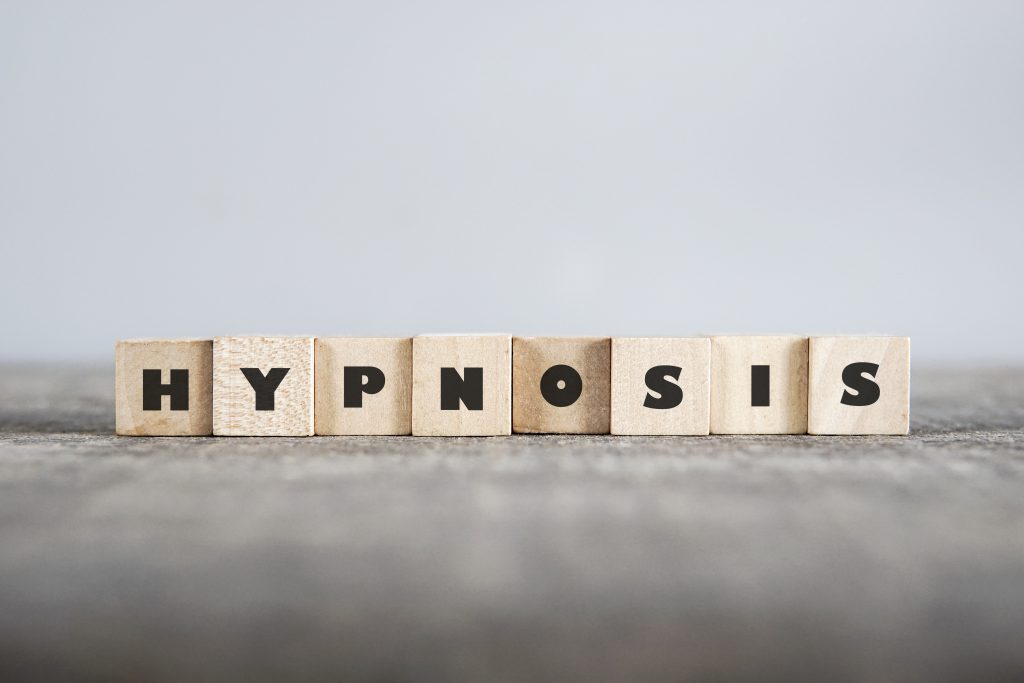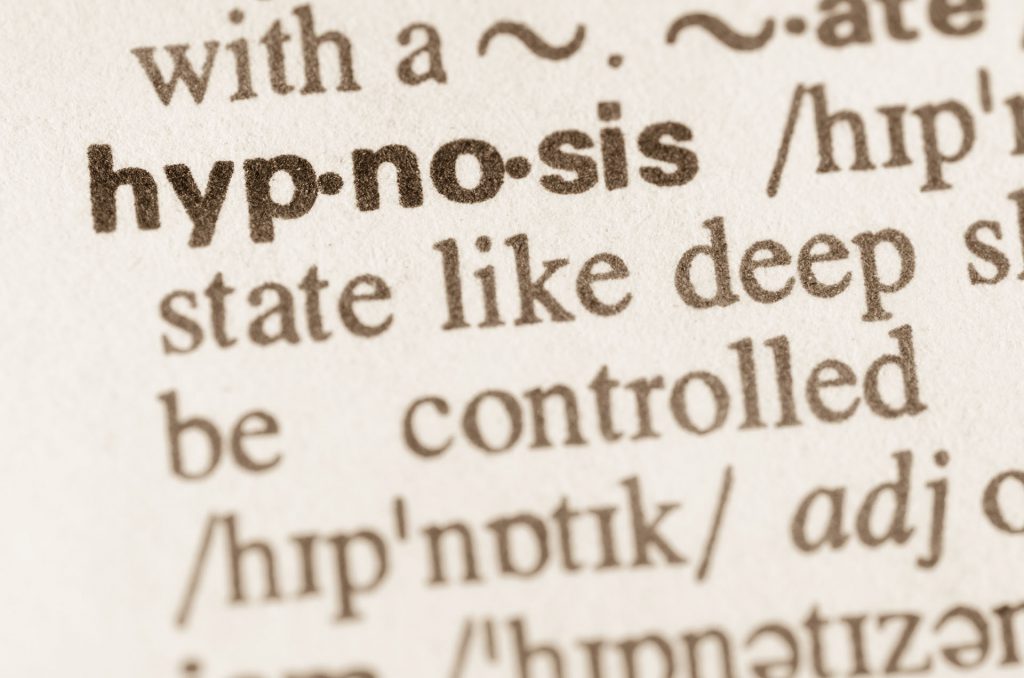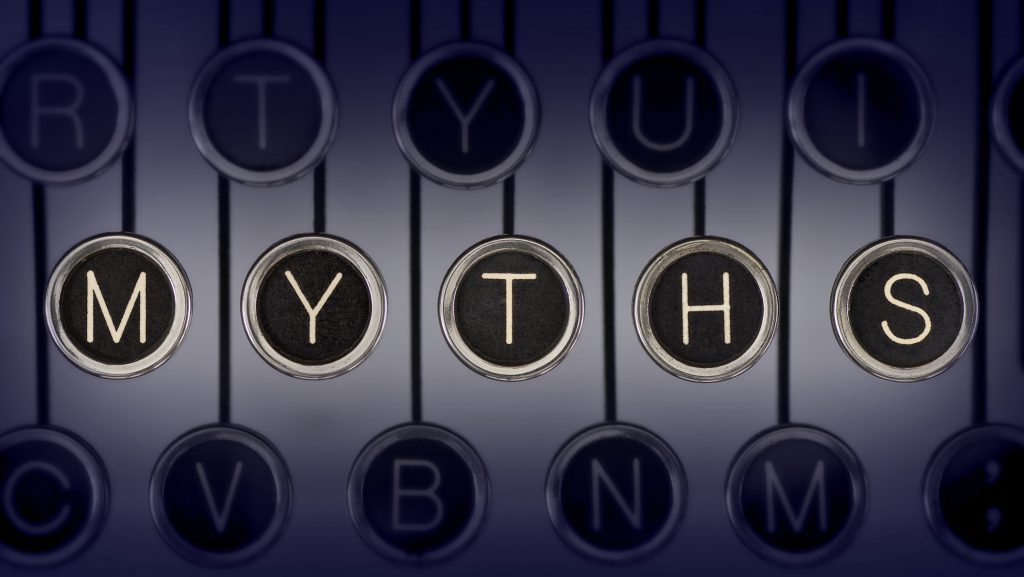Hypnosis, a state of focused attention and heightened suggestibility, has captivated human curiosity for centuries. From ancient healing practices to modern therapeutic applications, the history and evolution of hypnosis reveal a rich tapestry of beliefs, techniques, and cultural influences that have shaped this enigmatic phenomenon. In this comprehensive exploration, we will delve into the origins of hypnosis, the key figures who have contributed to its development, and the evolution of hypnosis as a therapeutic tool in the modern era.
Ancient Roots of Hypnosis
The roots of hypnosis can be traced back to ancient civilizations, where trance-like states and altered states of consciousness were utilized for healing and spiritual purposes. In ancient Egypt, Greece, and Rome, priests and healers employed rituals, chants, and suggestion techniques to induce states of hypnosis for healing and divination. The concept of “temple sleep,” a practice in which individuals would seek guidance or healing through dreams induced in a sacred space, bears striking similarities to modern hypnosis techniques.
Mesmerism and Animal Magnetism
The 18th-century saw the emergence of Franz Anton Mesmer, an Austrian physician known for his theory of “animal magnetism” and his controversial practices of inducing trance states in patients. Mesmer believed that an invisible energy field, or “animal magnetism,” existed within all living beings and could be manipulated to promote healing. Through the use of mesmerism, Mesmer claimed to cure various ailments and alleviate symptoms through the power of suggestion and suggestion. Although Mesmer’s methods were met with skepticism and controversy, his work laid the foundation for modern hypnosis techniques and the understanding of suggestibility.
The Influence of James Braid
In the early 19th century, Scottish surgeon James Braid played a pivotal role in popularizing and legitimizing hypnosis as a scientific phenomenon. Braid coined the term “hypnosis” from the Greek word “hypnos,” meaning sleep, to describe the trance-like state induced through focused attention and relaxation. Through his experiments and observations, Braid emphasized the role of psychological processes in hypnosis, shifting the focus from mystical and supernatural explanations to a more scientific understanding of the mind-body connection.
The Development of Hypnotherapy
The late 19th and early 20th centuries witnessed the emergence of hypnotherapy as a formalized therapeutic practice. Pioneers such as Milton H. Erickson and Dave Elman revolutionized the field of hypnosis by applying hypnotic techniques to treat various psychological and physical conditions. Erickson, known for his innovative and indirect language patterns, introduced the concept of “Ericksonian hypnotherapy,” which focused on utilizing the client’s unique experiences and resources to facilitate healing and transformation. Elman, on the other hand, popularized rapid hypnosis techniques that could induce trance states quickly and efficiently for therapeutic purposes.
Hypnosis in the Modern Era
Today, hypnosis is widely recognized as a valuable tool in psychology, medicine, and alternative therapy. Therapists and practitioners utilize hypnosis to address a wide range of issues, including anxiety, phobias, chronic pain, and addiction. The evolution of hypnosis in the modern era has seen the integration of technology, such as hypnosis apps and virtual reality, to enhance the delivery and effectiveness of hypnotic interventions.
Ethical Considerations and Controversies
Despite its widespread acceptance and application, hypnosis remains a subject of controversy and debate in some circles. Ethical considerations, such as informed consent, client autonomy, and the potential for false memories, are critical aspects of hypnotherapy practice. The use of hypnosis in entertainment and stage performances also raises questions about the boundaries between entertainment and therapy, and the responsibility of practitioners to ensure the well-being and safety of their clients.
Conclusion
The history and evolution of hypnosis reflect a fascinating journey of discovery, innovation, and controversy. From ancient healing practices to modern therapeutic applications, hypnosis continues to intrigue and inspire researchers, practitioners, and curious minds alike. As we continue to unlock the mysteries of the mind and explore the potential of hypnosis as a tool for healing and transformation, we are reminded of the profound impact this ancient practice has had on our understanding of consciousness, suggestibility, and the limitless power of the human mind.



















